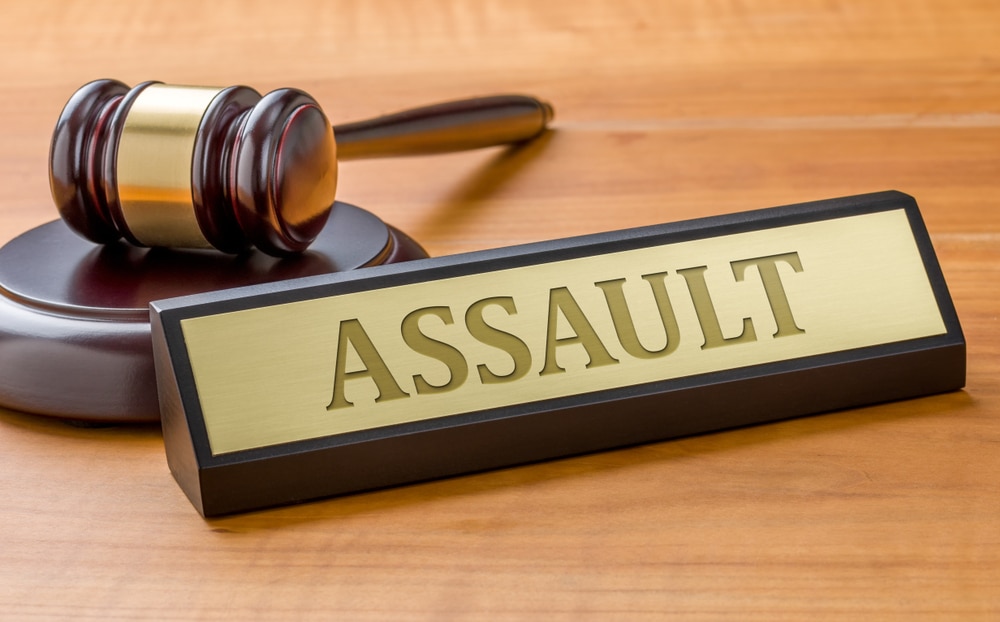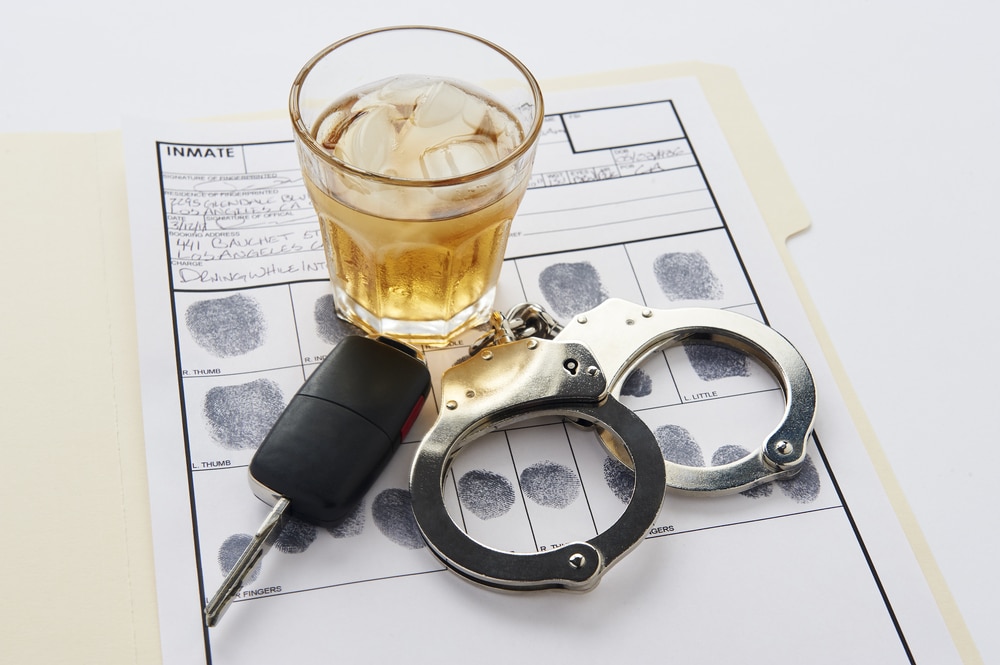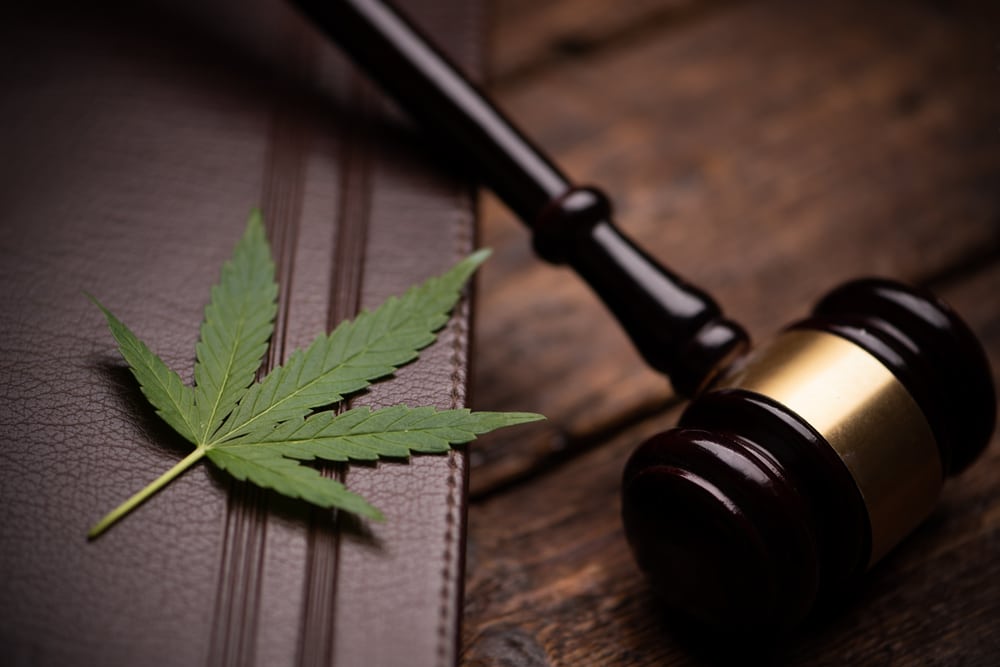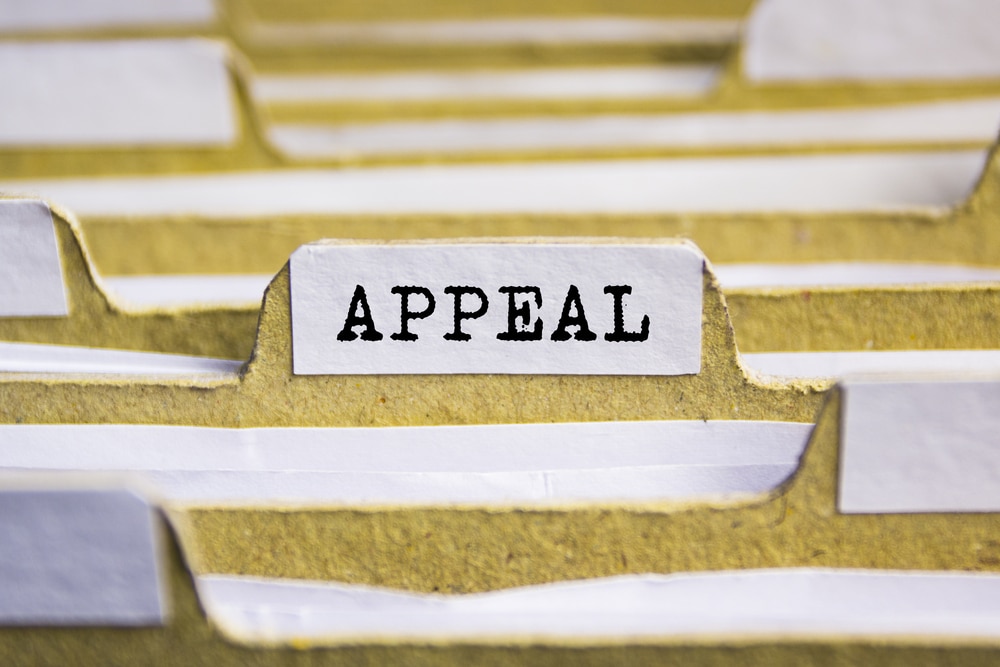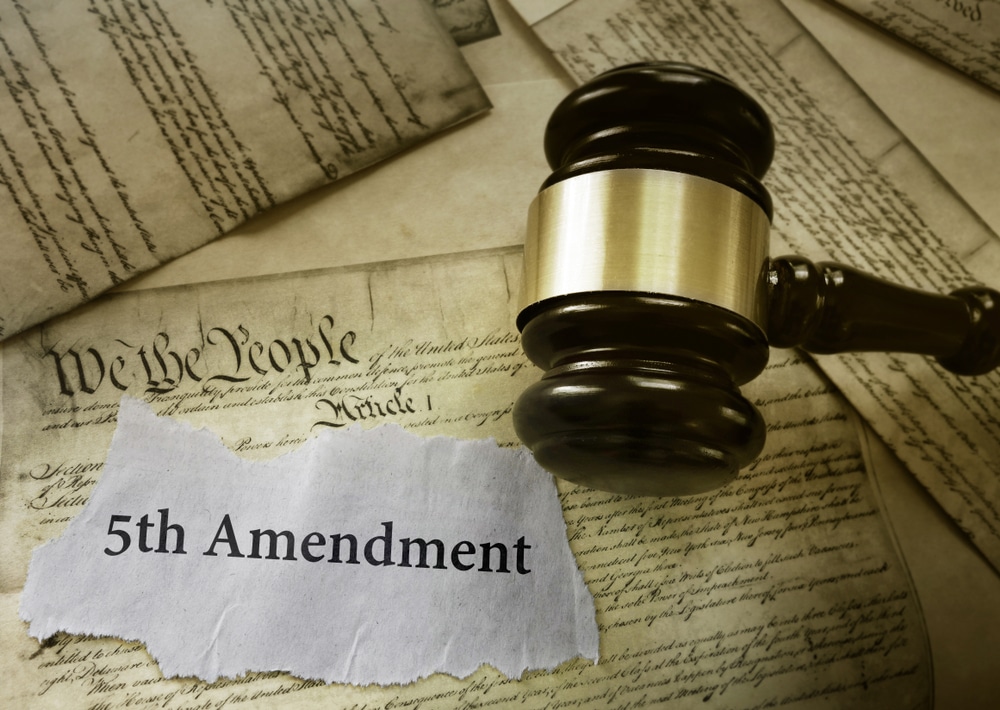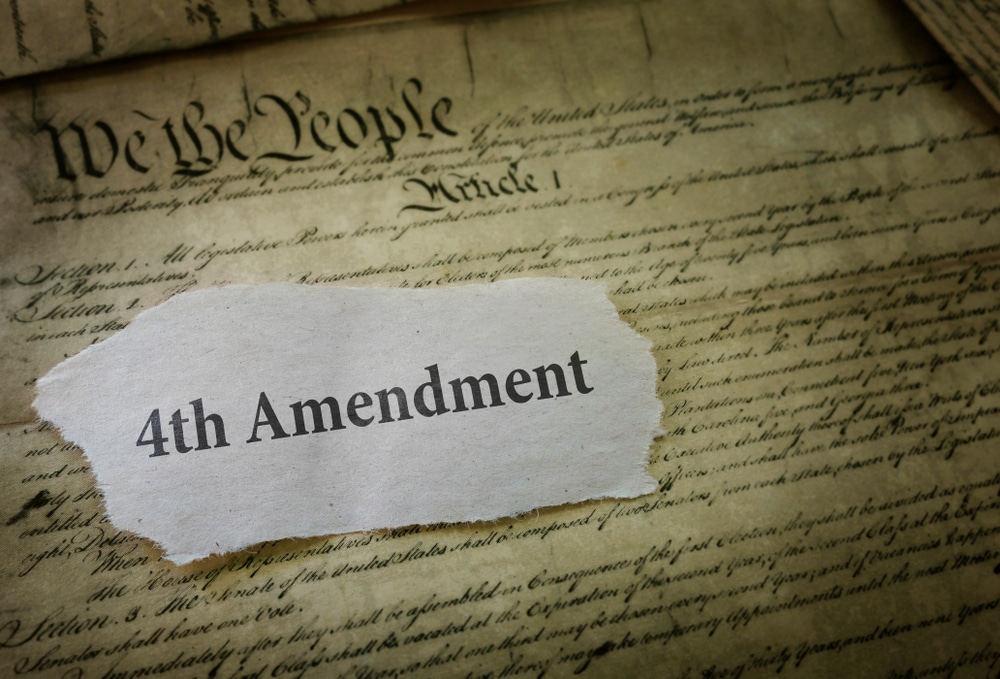Being charged with an assault in New York is a serious matter — and a conviction can have a wide range of consequences on your life and livelihood. From employment opportunities to finding housing, obtaining a professional license, and retaining your right to possess a firearm, being found guilty of an assault can be life-changing and impact your standing in the community. In the event you are facing assault charges, it’s vital to have the representation of a knowledgeable criminal defense attorney who can protect your rights and advocate for a positive outcome in your case.
Types of Assault Charges in New York
There are a variety of assault charges in New York — and each comes with different consequences. The offenses are categorized based on the severity of the victim’s injury, the defendant’s intent, and whether a weapon is used to carry out the assault. Specifically, the types of assault charges set forth in the New York Penal Law are as follows:
- Simple Assault (Third Degree Assault) — Simple assault is also referred to as third degree assault and involves intentionally causing physical injury to another person. It is classified as a misdemeanor and can result in monetary fines, probation, and up to one year in jail.
- Assault with Intent to Cause Physical Injury (Second Degree Assault) — This assault charge is a Class D felony and involves intentionally causing serious physical injury to another. Aggravating factors such as the use of a weapon or the status of the victim can lead to more severe penalties.
- Reckless Assault (Reckless Endangerment) — The crime of reckless endangerment assault can be charged when the defendant engaged in conduct that creates a substantial risk of serious physical injury to another. The penalties for this charge can vary, depending upon the specific offense.
- Aggravated Assault (First Degree Assault) — Aggravated assault is a Class B felony that involves intentionally causing serious physical injury to another using a deadly weapon. A conviction can come with a lengthy prison sentence and substantial monetary fines.
- Aggravated Assault Upon a Police Officer or Peace Officer — Aggravated assault upon a police officer can be charged as a Class B felony. If convicted, a defendant can face up to 25 years in prison and a fine up to $5,000.
Additionally, assault charges can be enhanced in certain situations. For example, if the prosecution can show that the assault was motivated by bias based on the victim’s gender, ethnicity, race, sexual orientation, or national origin, the offense can be charged as a hate crime. In such cases, the level of the offense can be raised to one category higher than the specified offense.
Defenses to Assault Charges
While the strategy that is used will depend upon the facts of a specific case, there are several common defenses that can be raised in connection with assault charges. For instance, if you believed you were in imminent danger of being harmed and used physical force to protect yourself, you may be able to assert the defense of self-defense. Similarly, if you used physical force to protect another person, you may be able to assert this as a defense.
Depending on the facts of the case, a victim’s consent to the physical contact may sometimes be used as a defense. Other defenses may include the lack of intent to cause harm (if the prosecutor had to establish the intent to cause harm as an element of the crime) or mistaken identity. In addition, if you can demonstrate that you were in a different location at the time the offense occurred, you might be able to raise the alibi defense.
Contact an Experienced New York Criminal Defense Attorney
If you’ve been charged with assault, it’s best to have a skillful criminal defense attorney by your side who can evaluate the facts of your case and assess the prosecution’s evidence against you. Offering adept advocacy and reliable representation, the criminal defense attorneys at D’Emilia Law know what it takes to create a strong defense strategy to achieve the best possible outcome. To schedule a consultation to learn how we can help, contact us at 1-888-DEMILIA.

